Kenya has commissioned the first stem cell research laboratory in sub-Saharan Africa to enhance the fight against non-communicable diseases (NCDs) such as cancer, arthritis, and diabetes.
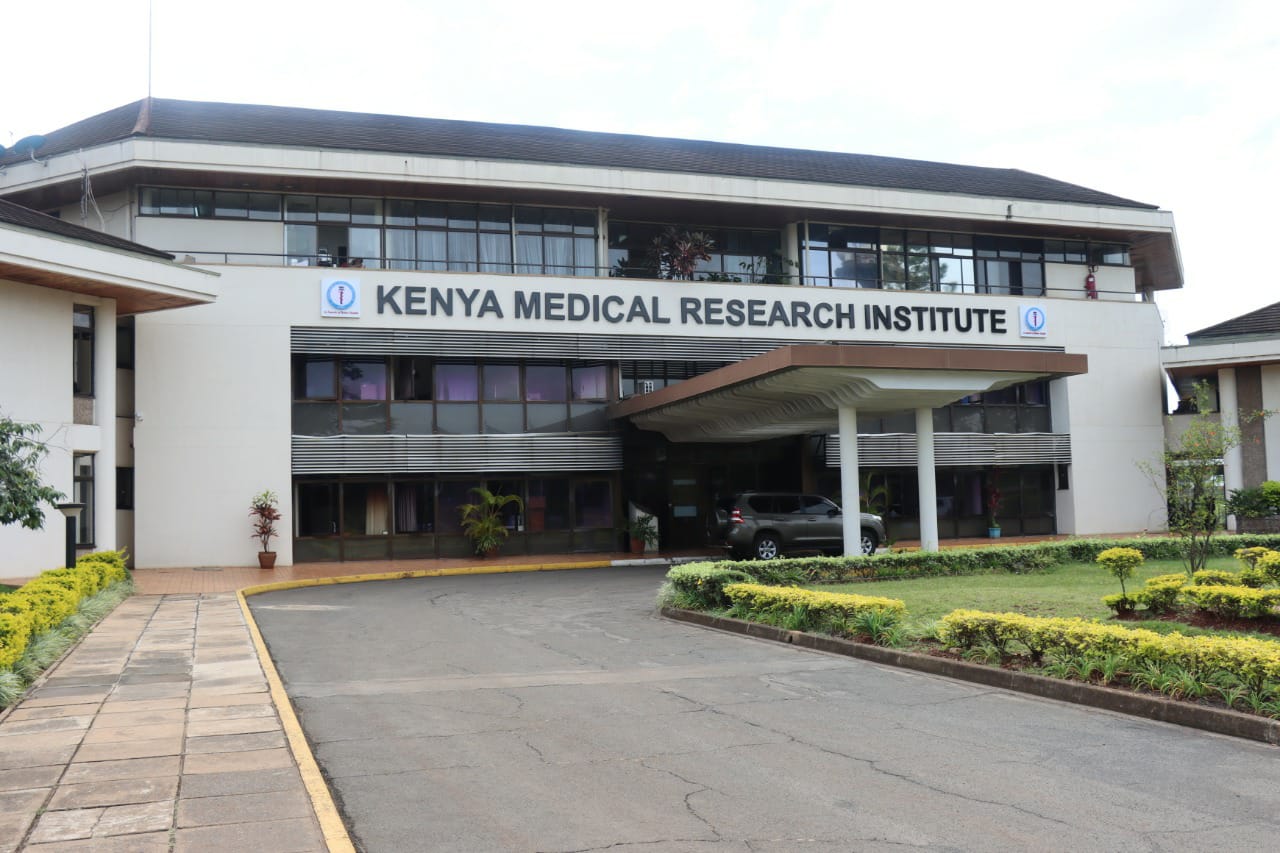
The Center of Excellence in Stem Cell Research was established by the Kenya Medical Research Institute (KEMRI) on July 27, 2023, through local funding of 542,000 dollars from the National Research Fund (NRF) Kenya.
Kenya has been focusing on preventing Non-communicable diseases and the stem cell research facility will complement the prevention efforts in reducing mortality
The NRF Kenya was established in 2015 under the Science, Technology and Innovation Act of 2013, and its primary mandate is to facilitate research for advancing science, technology, and innovation.
According to the World Health Organization (WHO), NCDs contribute to over 50 percent of inpatient admissions, 40 percent of hospital deaths, and 27 percent of all deaths suffered by Kenyans annually.
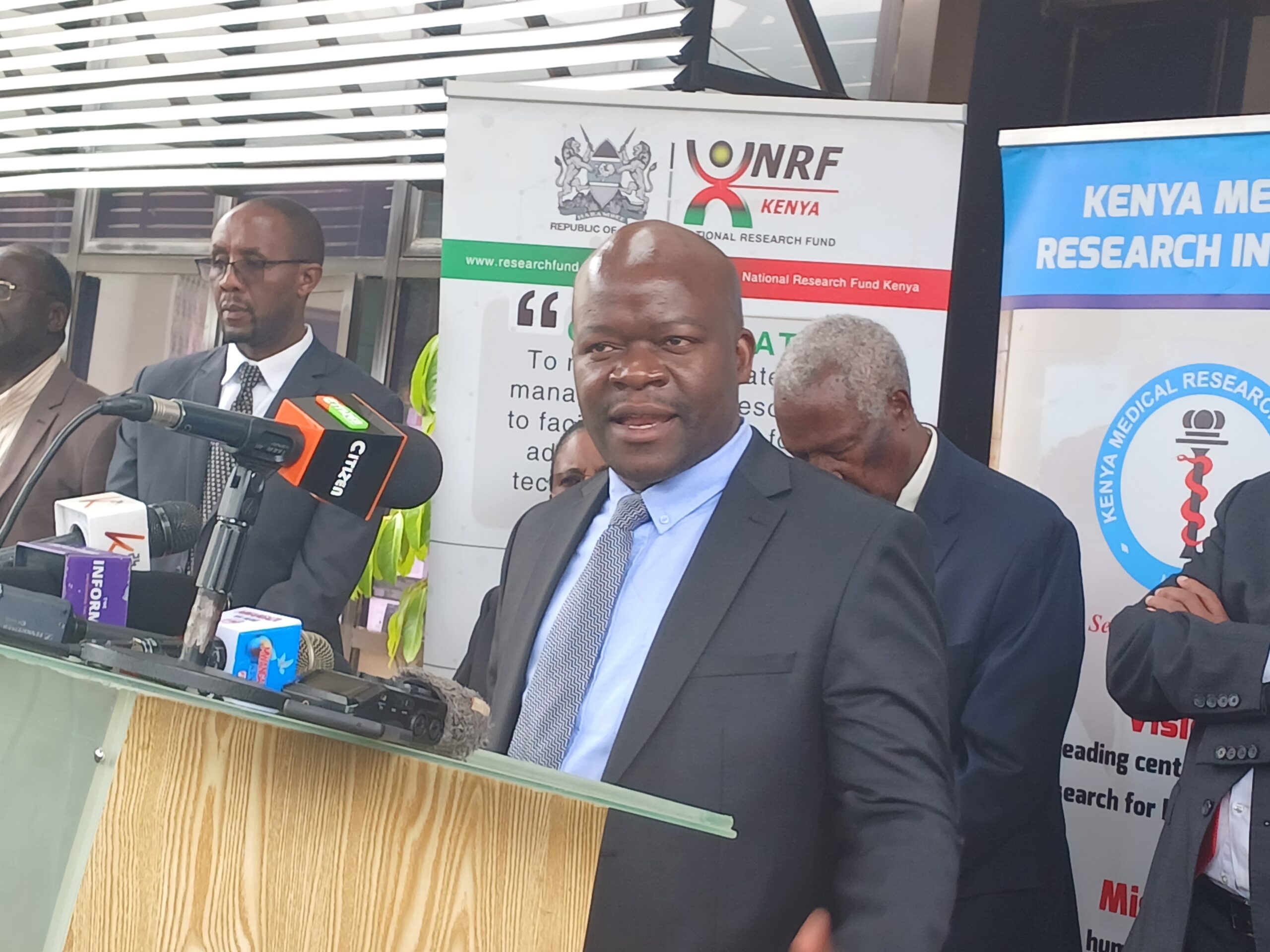
Dickson Andala, the NRF chief executive, said the stem cell unit is equipped with modern equipment, including a next-generation sequencer, BD FACS Melody™ cell sorter, cell imager, biosafety chamber, carbon dioxide incubator, freezer, liquid nitrogen tanks, medical refrigerator, refrigerated centrifuge, real-time Polymerase chain reaction (PCR) machine, and a cell counter.
In 2017, non-communicable diseases caused 111,000 deaths in Kenya, nearly 62 percent of which occurred in individuals aged under 70.
“We are reminded about the rising prevalence of non-communicable diseases globally, with a strikingly disproportionate increase in prevalence and related mortality in low- and middle-income countries, a major threat to sustainable development,” said Prof Andala.

In 2017, NCDs caused 111,000 deaths in Kenya, nearly 62 percent of which occurred in individuals aged under 70, says the World Bank Group.
Kenya’s Ministry of Health projects that deaths due to NCDs will rise by 55 percent by 2030, even as those caused by communicable diseases decrease by 48 percent.
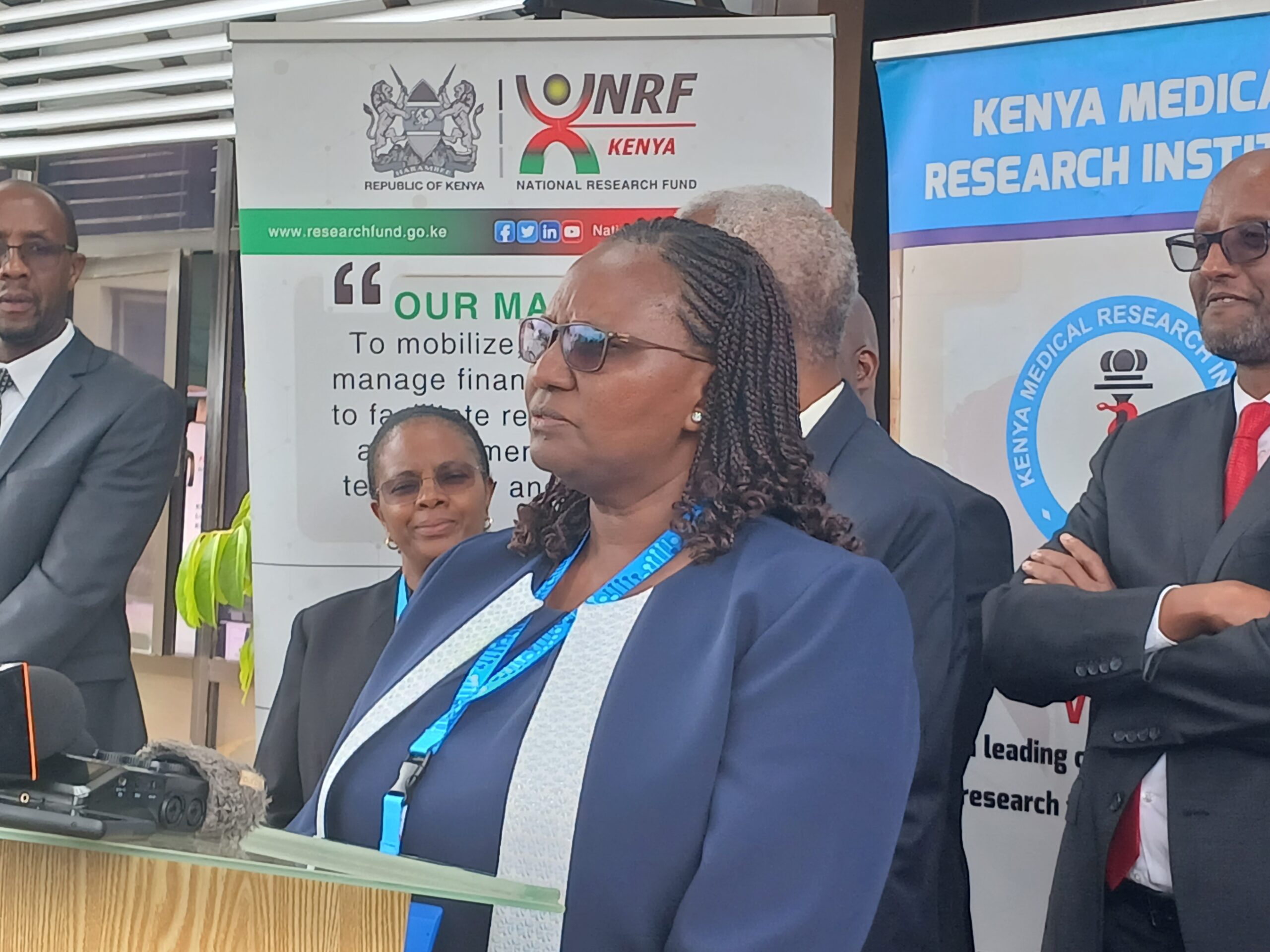
Dr Dorcas Wachira, the principal investigator (PI) in the KEMRI’s stem cell research project, said that besides NCDs, the facility would also focus on treating burns and injuries from road accidents.
“Stem cells replenish old, dead, and injured cells, tissues, and organs. They are programmed to develop into specific cells and tissues during injuries or related circumstances,” said Dr Wachira.
Non-communicable diseases contribute to over 50 percent of inpatient admissions, 40 percent of hospital deaths, and 27 percent of all deaths suffered by Kenyans annually.
Stem cells can be guided into becoming specific cells that can be used in people to regenerate and repair tissues that have been damaged by disease or accidents.
She said getting stem cells for regenerative therapy would not be a problem with the laboratory in place. However, it will take “a little bit of time and resources to transition to clinical application” and actual treatment of diseases.
“Issues about product discovery, doing the basic science of identifying the cell and what it can do can take up to even ten years.”
“Getting stem cells and characterizing and modeling them is easy. So, once we have the necessary support in terms of funds, it will be easier to fast-track the transition process from bench to bed,” said Dr Wachira.
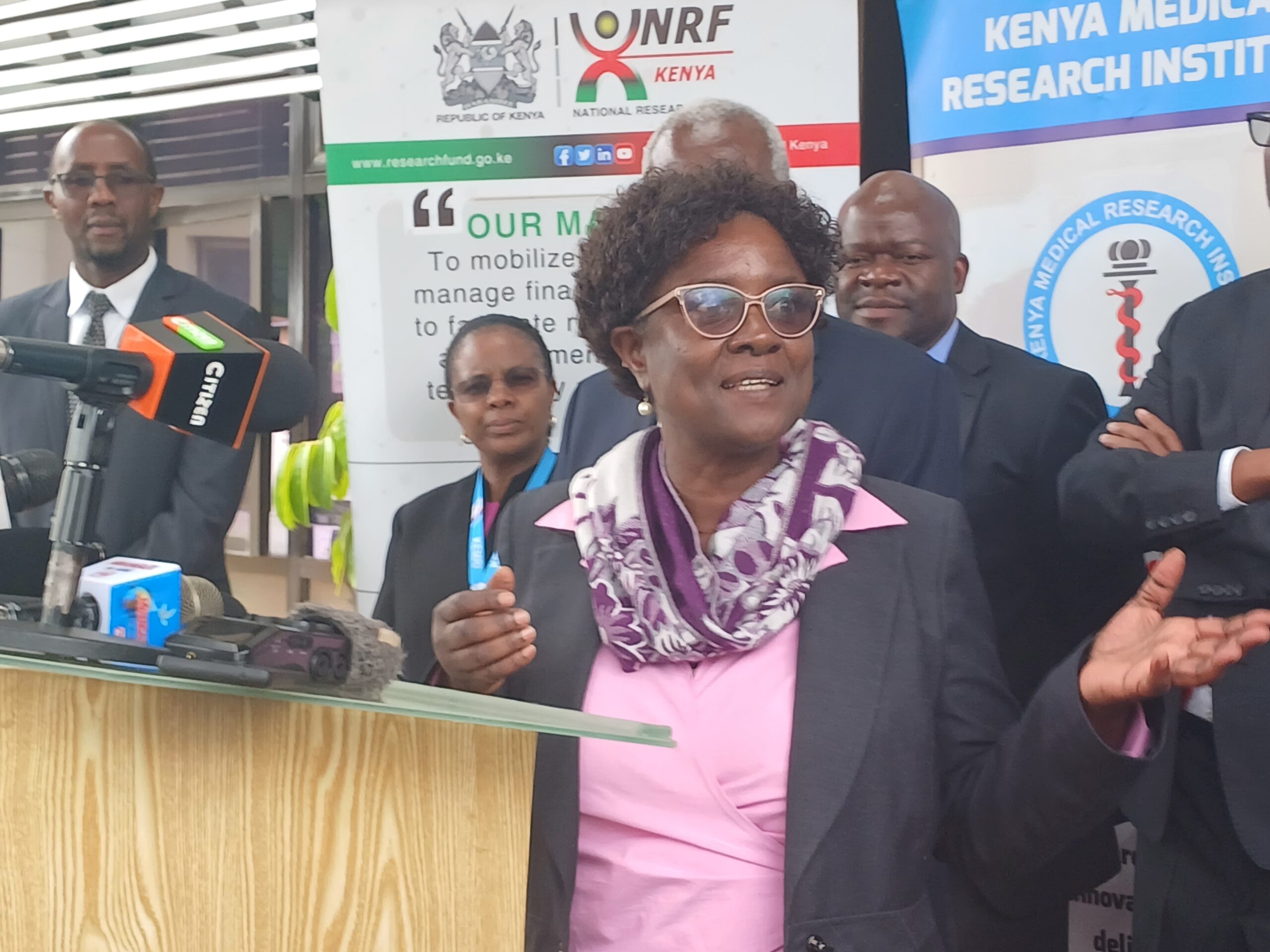
“Issues about product discovery, doing the basic science of identifying the cell and what it can do can take up to even ten years,” added Prof Nelly Mugo, the director of Research and Development at KEMRI.
“The reason for this is human safety; you take the product, assess if it has the ingredients to manage that intervention you want, then take it through human trials in at least four phases to check its safety and effectiveness.”
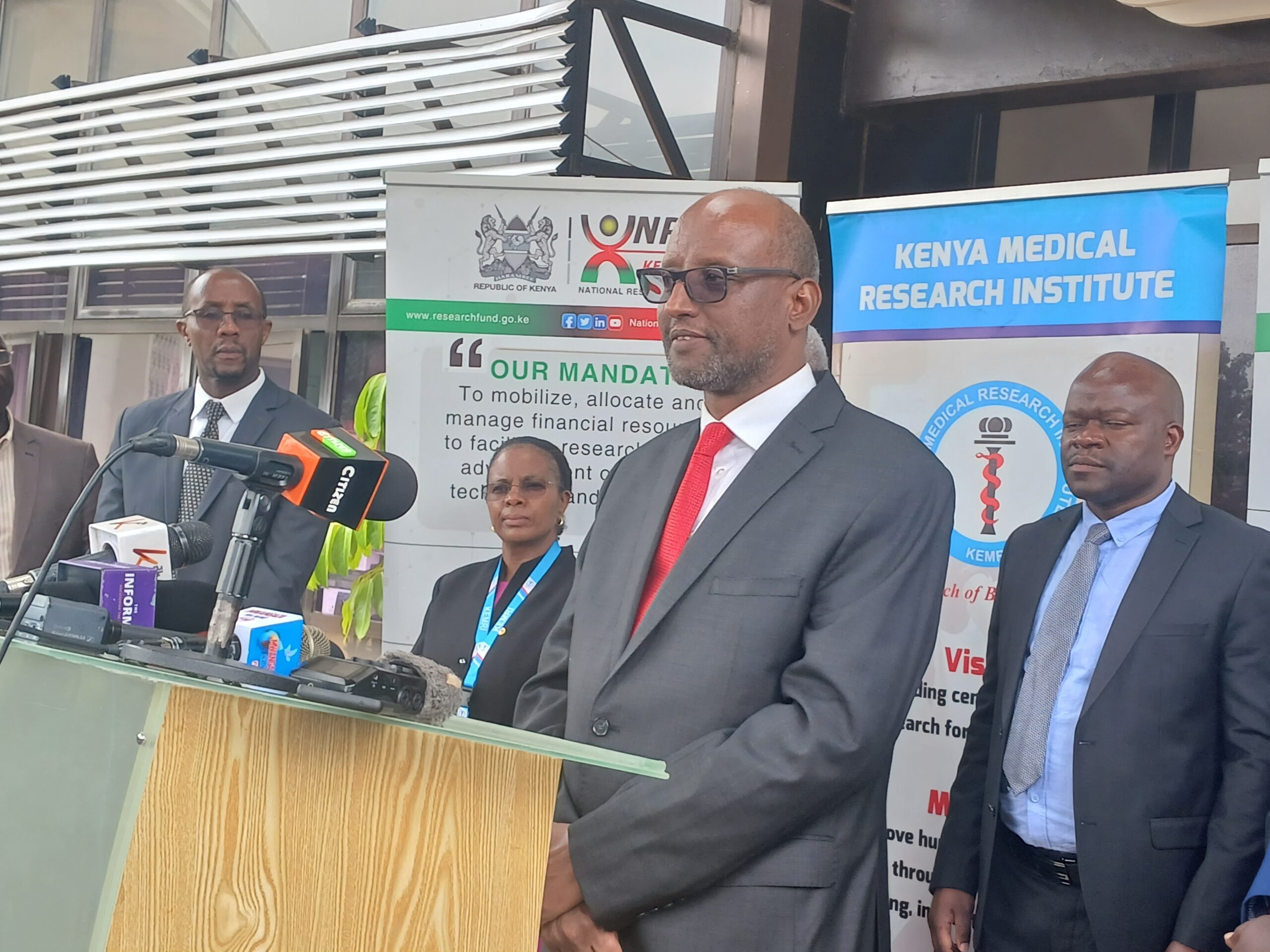
Kenya has been focusing on preventing NCDs. The stem cell research facility will complement the prevention efforts in reducing mortality, said Dr Abdullahi Ali, the KEMRI Board of Directors chair.
“As research scientists, we believe stem cell research will increase a deeper understanding of how diseases occur and how best to tackle them.”
“Commissioning of this Center of Excellence in stem cell research will not only advance area of cell biology but also assist in offering better treatments for some of the world’s most devastating diseases,” he said.
“As research scientists, we believe stem cell research will increase a deeper understanding of how diseases occur and how best to tackle them.”
The facility will create a database for information-sharing on stem cell research and regenerative medicine among the participating institutions.
Dr Ali added that through this research, it might soon be possible to generate healthy cells to replace those affected by cancer, road accidents, and other diseases through regenerative medicine.

“The issue now is money. Our scientists are willing and ready for the trials and to roll this out as soon as we can have money for all the processes,” he said.
KEMRI is fully funded by the Government of Kenya and its partners.
Many Kenyans travel to other countries to seek treatment for diseases such as cancer and Dr Wachira said that once they roll out, Kenyans and, by extension, Africans will not have to travel to other continents for stem cell therapy.
“The unit will spearhead training of MSc and PhD students, and research scientists in the field of stem cell and regenerative medicine, and also establish a repository of stem cells in Kenya.”
“This will hugely reduce the cost because you will just have to go to the clinic near you and get the treatment,” said the head of the stem cell lab and the Immunology Division at KEMRI.
Prof Andala said the main objective of the stem cell research unit would be to establish a biobank that will serve as a continuous source of hematopoietic and mesenchymal stem cells and carry out research on stem cells and regenerative medicine in disease management.
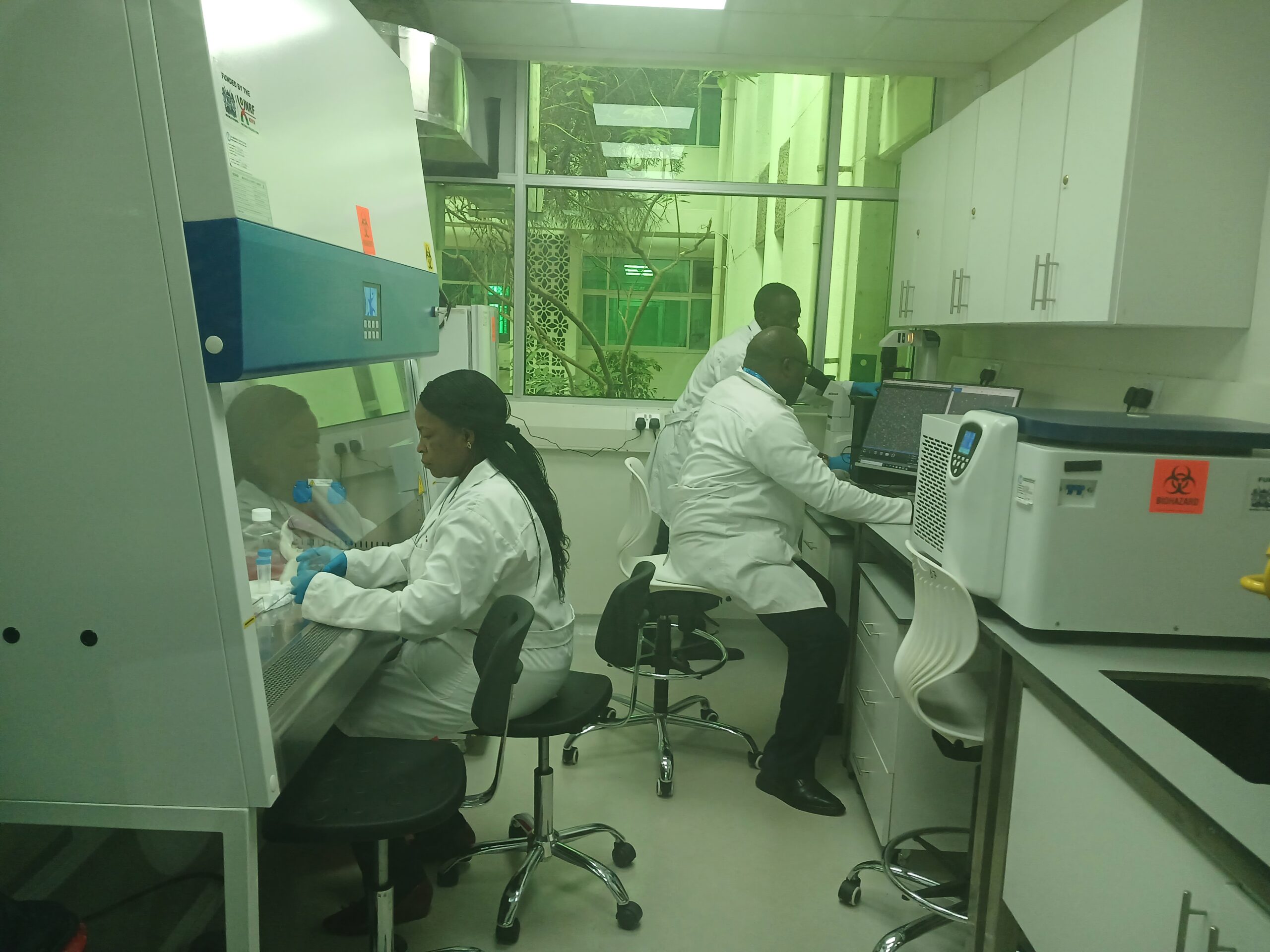
The facility will also create a database for information sharing on stem cell research and regenerative medicine among the participating institutions and build and strengthen capacity development through local, regional, and international collaborations.
“Increased funding will enable us to continue improving research infrastructures or centers to facilitate our scientists in carrying out cutting-edge research.”
“The unit will also spearhead training of MSc and PhD students, and research scientists in the field of stem cell and regenerative medicine, as well as establish a repository of stem cells in Kenya,” said the professor of inorganic chemistry.
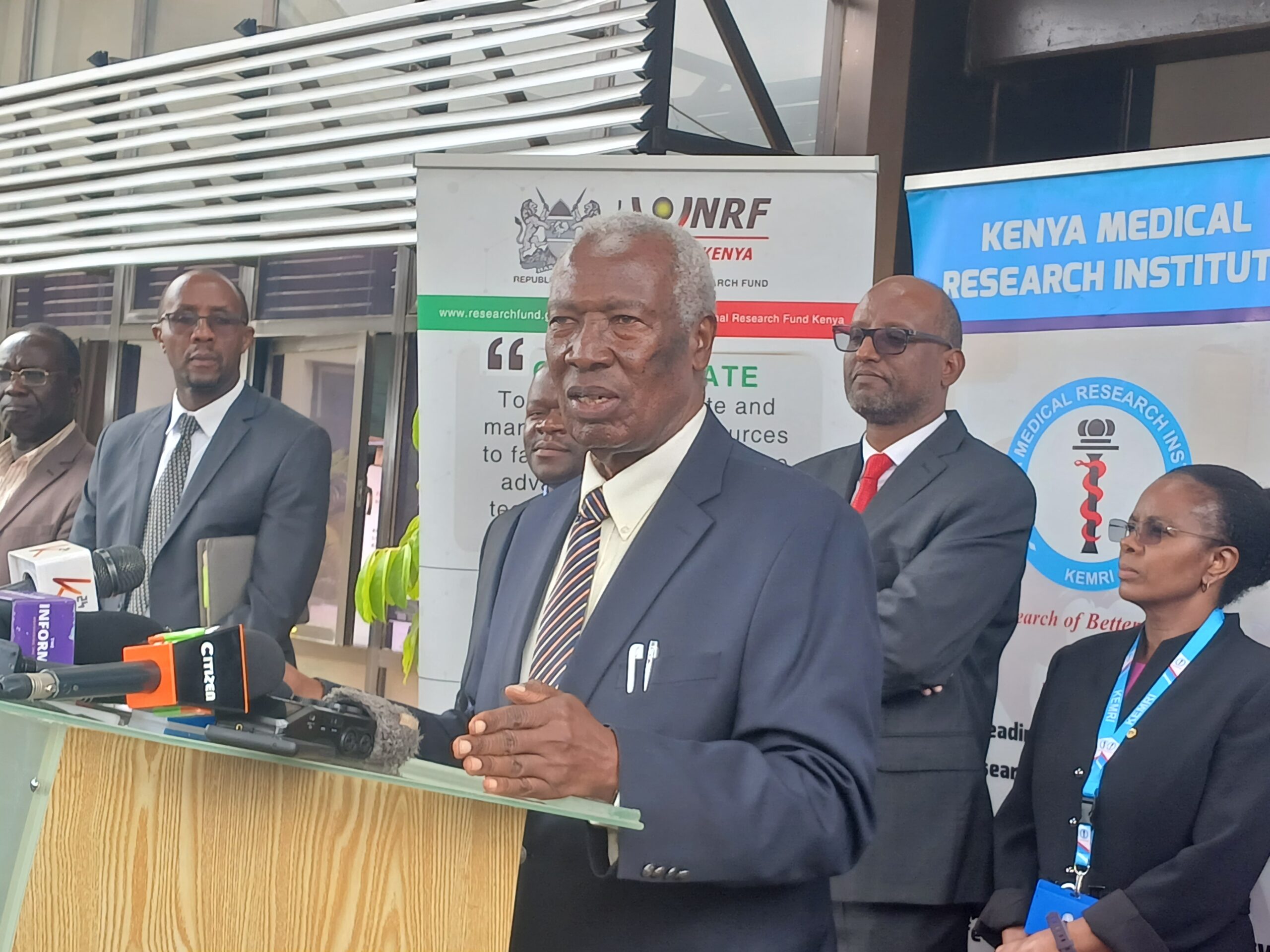
The center was officially commissioned by Prof Ratemo Michieka, the NRF chair, who called on the government to increase funding for research to at least two percent of the Gross Domestic Product.
“Research creates jobs. Increased funding will enable us to continue improving research infrastructures or centers to facilitate our scientists in carrying out cutting-edge research,” Prof Michieka said.
_______________________________________________________________________________________________
Ombogo is an editorial consultant and consulting science editor for Media for Environment, Science, Health and Agriculture (MESHA) in Kenya.
